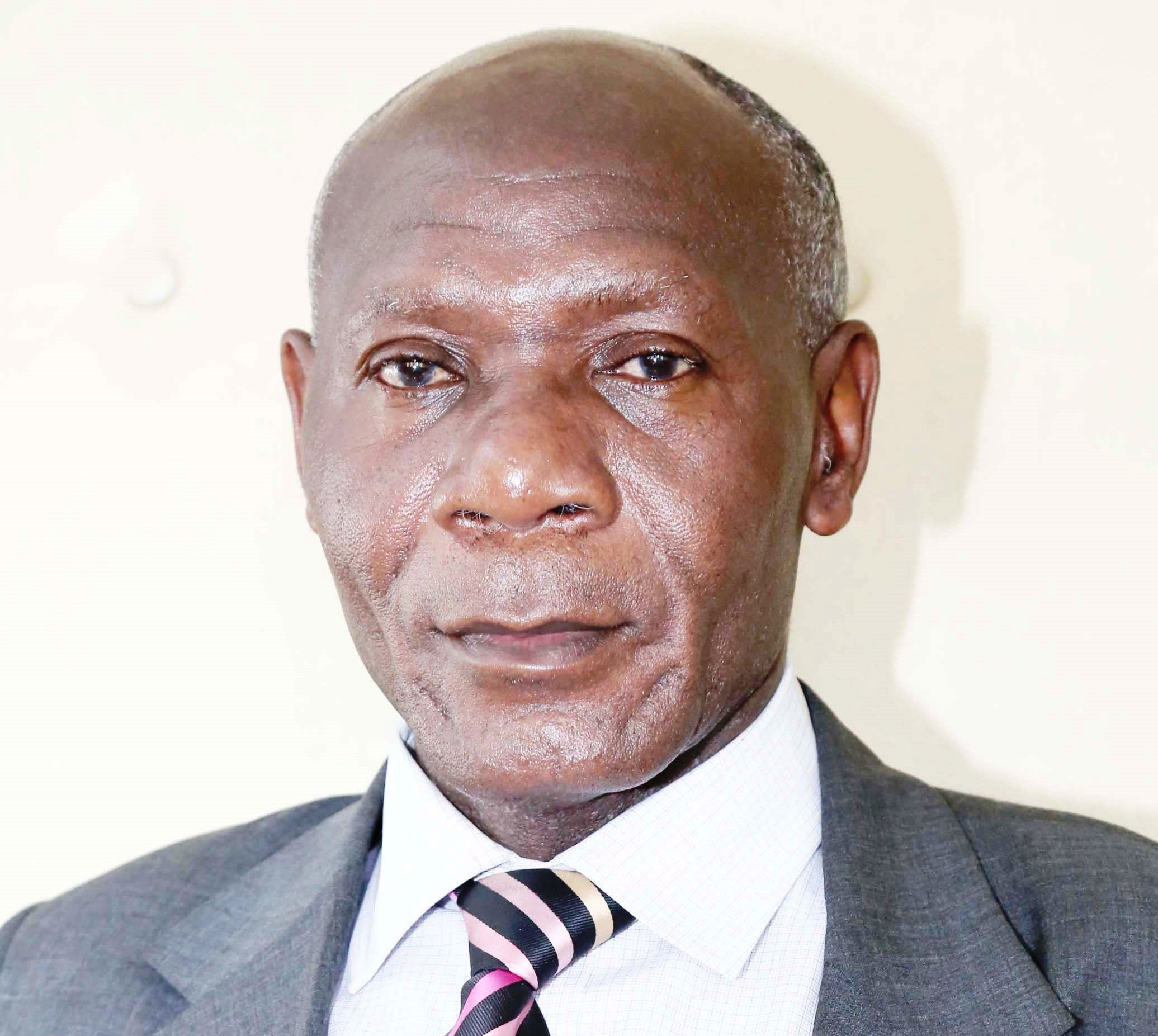Some 42,868 students out of the 244,563 who qualified for admission into universities after sitting for the 2024 KCSE did not apply for placement through the Kenya Universities and Colleges Central Placement Service (KUCCPS).
The figure represents approximately 17 percent of 244,563 KCSE candidates who attained the minimum university entry grade of C+ in the 2024 KCSE.
The Cabinet Secretary for Education, Julius Ogamba communicated this information to the public some two weeks ago.
There appears to be an agreement among analysts as to what this means. That university education does not count anymore. That there is little or no difference between the education and training Universities give and that middle level colleges give.
The agreement is that those who met the C+ minimum qualification but failed to apply for placement have little or no regard for university education.
ALSO READ:
The common thread in the argument and agreement is that this is a triumph for middle level training colleges, otherwise popularly called TVET, against University Education.
I do not buy this warped argument or correlation. We must resist the temptation to set TVET against University education.
The alleged duality between TVET and University education is wrong. Each of these two tiers of post-secondary education serve different but complementary purposes. In the world of affairs, in the world of work, the two need each other to maximize on the technical capabilities and potential a society has to manage its affairs at various levels.
Every society requires a repertoire of knowledge, abilities and skills to deal with changing issues, problems, challenges and crises they face from time to time. The issues, problems, challenges and crises come in varying dimensions, and complexities.
Members of the society require knowledge, abilities and skills of varying depth, breadth and complexity to deal with the situations as they come.
Middle level colleges impart or develop capabilities matching to the weight of the issues, problems, challenges and crises.
ALSO READ:
Sosit Girls shine in Kalenjin folk song, march to Nationals after regional triumph
University or higher education impart or develop more or similar capabilities but of superior dimension, complexity or sophistication consistent with the weight of the issues, problems, challenges and crises.
The former is mainly for maintenance of systems or fixing of defects in established systems, technologies and operations. The latter is mainly for improvements in established systems or rethinking of new systems of doing things.
Former President of Yale University, Richard Levin argued at an international conference on higher education that world class universities have four functions. First, it advances human knowledge of nature and culture.
Second, they provide the finest training to the next generation of scholars.
Third, provide outstanding undergraduate and professional education for those who will emerge as leaders in all walks of life.
Fourth, they provide the ideal context for educating graduates for careers in science, industry, government, and civil society who have the intellectual breadth and critical-thinking skills to solve problems, to innovate, and to lead.
Middle level colleges provide technical and vocational education and training needed for the operations of many enterprises—public and private—at middle and lower levels of institutions.
University education should provide the men and women with the capacity to provide conceptual and strategic thinking to solve seemingly ineradicable problems within and across institutions with the requisite knowledge and leadership to do this.
ALSO READ:
Teachers beaten, flee into bush as KUPPET protest against MP Shakeel turns violent
If we let Universities succumb to the pure demands of the economy or the job market, then we inevitably downgrade the intellectual and moral rigor University education stands for. The net effect of this is that there will be little or no difference between the students taking their undergraduate education and those who opted for middle level colleges, regardless of whether they met university admission requirements or not.
This should not arise. The role of the University in the society may share some roles with the roles society assigns to middle level colleges. However, these roles are more than preparing students for careers in the job market and or for entrepreneurship.
Universities give us leaders of men and women. They give us generals and not constables. They give us men and women who have the capacity to grow into some of the most challenging of roles: leadership. We do not want people who have been prepared to manage a shop to run a supermarket. It will collapse.
We should encourage those who have demonstrated the capacity to undertake university education to take it. University education is not for everybody. It exists for those who have demonstrated that they have the intellectual abilities to undertake the rigorous programmes—academic, vocational and professional—associated with it.
We must also ensure that the minimum number of those who qualify for university education is more than 30 percent by the international standards or benchmarks. Far less than 30per percent of KCSE candidates since 2016 have attained C+, the qualifying grade for university education. This should concern policy and opinion leaders. They should go beyond the statistics.
ALSO READ:
In a landmark report entitled General Education in a Free Society, prepared by a committee appointed by Former President of Harvard University, James Bryant Conant, it was observed: “There are (students) the mechanical who like to work with their hands, and the meditative, often clumsy with their hands, but quick at words and ideas.”
The 12 years of basic education, particularly secondary education should enable the society to help place students according to their orientations. The secondary education curriculum is so designed, and properly implemented to tell us who are these students ‘meditative, often clumsy with their hands, but quick at words and ideas’ and who, on the other hand, are these students who are skillful with their hands.
The reports further observes: “Many young people who are quite capable of doing college work do not go to college because they are too poor. That is an obvious lack of opportunity to which we shall come in a moment. However, others equally able do not go on because they lack the desire. They tend to come from working-class families where no college tradition exists and even graduation from high school was rare until lately. Expectations must be learned; they are not inborn. If parents and relatives do not teach these young people to value education and the things to which it leads, who will?”
Some of the students who failed to apply for placement may well be academically inclined, but because of ‘poor family backgrounds, lack of opportunity or they lack the desire,’ they did not apply for placement. We should be concerned with these ones.
ALSO READ:
Principal calls for infrastructure support to boost learning
Some of them may have qualified to study, at university level, programmes that have fewer experts. Given the opportunity, and the push, they may well have the ‘intellectual breadth and critical-thinking skills to solve problems, to innovate, and to lead’ into new and better frontiers.
Among them are students, those who denied opportunities to study courses of their dreams or ambitions—courtesy of the cutoff points for certain courses. They opted to study equivalent courses at middle level colleges to secure a fighting chance for the fulfillment of their ambitions or career aspirations.
We must make university education accessible to those who qualify. We must also make it life changing. We must make University education something better than a puppet to the logic of the market. Middle level colleges do that very well.
World-class universities in the West, China, Russia, and Japan serve the whole society—not just the business people and the industrialists.
By Kennedy Buhere
Communication Specialist
You can also follow our social media pages on Twitter: Education News KE and Facebook: Education News Newspaper for timely updates.
>>> Click here to stay up-to-date with trending regional stories
>>> Click here to read more informed opinions on the country’s education landscape






